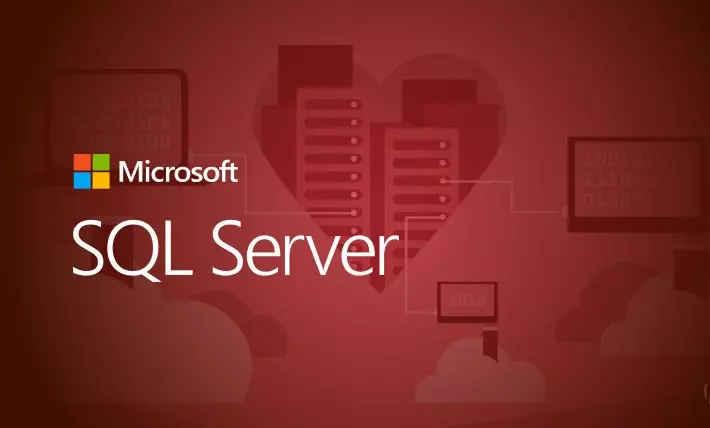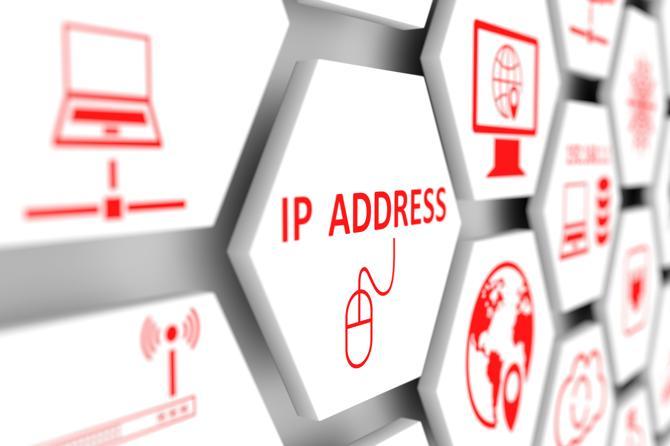The Ultimate Guide to Keeping Your WordPress Site Secure
Introduction In today’s digital age, having a secure website is more important than ever. WordPress, as one of the most popular content management systems, is a prime target for hackers and malicious attacks. Ensuring the security of your WordPress site is crucial to protect your data, maintain the trust of your visitors, and keep your […]
Exploring the Key Differences Between Addon Domains and Subdomains: A Comprehensive Guide
Introduction: In the digital landscape of website management, the choice between addon domains and subdomains often arises when structuring online content. Understanding the nuances between these two entities is crucial for effective website organization and resource management. Addon domains and subdomains serve distinct purposes, each offering unique advantages and considerations. In this article, we delve […]
Understanding SSDs and NVMe: A Comparative Overview
Introduction: Solid State Drives (SSDs) and Non-Volatile Memory Express (NVMe) represent groundbreaking advancements in storage technology, revolutionizing how data is stored, accessed, and managed in modern computing systems. SSDs, unlike traditional Hard Disk Drives (HDDs), utilize flash memory to store data, offering superior performance, reliability, and efficiency. NVMe, on the other hand, is a communication […]
MSSQL hosting: A Comprehensive Guide
Introduction: In the realm of website hosting, the choice of database management system plays a pivotal role in determining the efficiency, scalability, and security of web applications. One such prominent system is Microsoft SQL Server (MSSQL), a robust and feature-rich platform widely used in enterprise environments. MSSQL website hosting refers to a specialized hosting service […]
Unraveling the Role of IP Addresses in Website Hosting
What is IP address in website hosting? An IP (Internet Protocol) address is a unique numerical label assigned to each device connected to a computer network that uses the Internet Protocol for communication. In the context of website hosting, an IP addr is associated with the server where a website is hosted. When you type […]
A Comprehensive Guide to Nameservers and How it’s works.
What is Nameservers? Nameservers, also known as DNS (Domain Name System) servers, play a crucial role in translating human-readable domain names into IP addresses that computers use to identify each other on the Internet. When you type a website’s domain name into your browser, such as www.example.com, your computer needs to know the corresponding IP […]
Demystifying SSL Certificates: Free vs. Paid – Understanding How They Work, Security, and Renewal
An SSL (Secure Sockets Layer) certificate is a digital certificate that authenticates the identity of a website and enables secure, encrypted connections between a web browser and a web server. It ensures that data transmitted between the user’s browser and the server remains private and integral, protecting sensitive information from being intercepted or tampered with […]
Why DKIM and SPF Records are Crucial for Your Email Security
DKIM (DomainKeys Identified Mail) DKIM adds a digital signature to email messages. When an email is sent, the sending mail server uses a private key to create a unique signature based on the content of the email. This signature is attached to the email header. The recipient’s mail server, upon receiving the email, retrieves the […]







